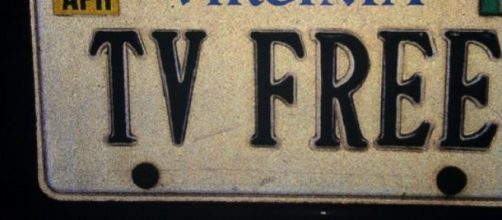The confusion over when people should be paying the BBC's television licence fee and when they should not, seems to be potentially costing the corporation over £70 million in lost revenue each year. That is the claim being made by the Broadcasters' Audience Research Board based on recent research that they have carried out. Their findings point to the fact that households have stopped paying the fee in their thousands, either saying that there is no television in the house or that they only watch television shows through the iPlayer service.
Increase in no television households
Through the research it has been established that as many as 500,000 homes had claimed that they no longer had a television set in a period of 15-months leading up to the conclusion of 2014.
Royal charter to be renegotiated
There is already much debate as to whether the licence fee provides value for money and indeed whether it should be charged in the first place. Currently the annual fee has been fixed until at least 2017 at £145.50, but will be reviewed in the next 18 months as part of the renegotiations around the BBC's royal charter. The substantial amount of revenue it raises (some £3.7 billion last year) is used to fund a variety of operations run by the BBC, including those relating to outputs produced for television, radio and online services.
When the fee applies
It is perfectly legal for people using only certain catch-up services through the BBC's iPlayer to avoid payment.
That slightly obscure allowance is in place because they may only be watching programmes that have already been broadcast, in a similar fashion to watching an old BBC programme on video or DVD. However, the confusion can arise when they use the iPlayer to watch live programmes, since utilising that option should invoke a fee via the licence.
Modernisation required
The potential losses to the BBC have prompted their spokespeople to call for modernisation of the current licence fee. That way, the potential 'loophole' could be closed to incorporate catch-up TV usage. One potential alternative to what is seen as an 'old fashioned' way of raising the necessary revenue, would be to follow the advice of some critics and revert to voluntary subscription instead.
The BBC may feel that is a risky alternative, although if they are confident that their service is indeed well worth the current fee being charged, they should have few genuine concerns.
With the number of people expected to use catch-up services in the years to come expected to rise, the issue probably needs to be looked into sooner rather than later. The use of laptops, tablets and mobile phones to watch television is not believed to be sufficiently well-addressed currently. The Department for Culture, Media and Sport seem reticent, however, to make any such consideration until after the charter renegotiations have been completed.
